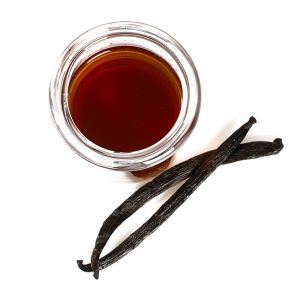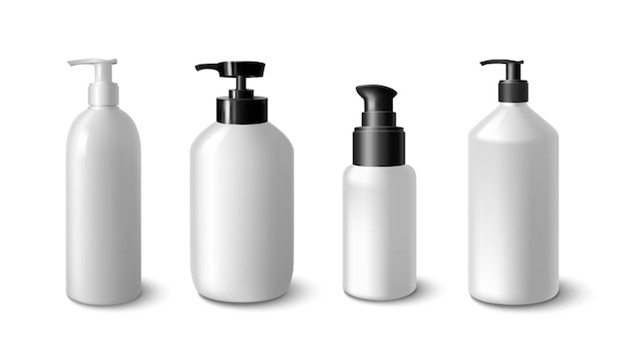
Particularly soda and water bottles of all shapes and sizes. Scientists have been looking for ways to cut down on this waste and a study for Green Chemistryshows it may now be possible. Using genetically-modified bacteria, a team at Edinburgh University in Scotland, has been able to convert PET plastic waste into vanilla flavouring.
Previous studies have demonstrated that it is possible to break down PET into its basic subunit, known as terephthalic acid (TA). The researchers in Edinburgh discovered that E. coli bacteria can be “deployed” in order to convert TA into vanillin. Vanillin is the main component of extracted vanilla beans, and it’s responsible for vanilla’s signature taste and smell. It has a very similar chemical composition to TA, and so the engineered bacteria only needs to make minor changes to the number of hydrogens and oxygens that are bonded to the same carbon backbone.
The researchers mingled their E. coli with TA and kept them at room temperature for a day, in roughly the same conditions used for brewing beer. After process optimization, around 79% of the TA was converted to vanillin.The team believes it may be possible to increase this percentage. Also they believe that this vanillin would be fit for human consumption, but further tests are required.
Joanna Sadler, first author and BBSRC Discovery Fellow from the school of biological sciences, University of Edinburgh, said, “This is the first example of using a biological system to upcycle plastic waste into a valuable industrial chemical. It has very exciting implications for the circular economy.”
Stephen Wallace, also of the University of Edinburgh, added, “Our work challenges the perception of plastic being a problematic waste and instead demonstrates its use as a new carbon resource from which high value products can be made.”
One million PET bottles are sold every minute around the world, but just 14% are recycled. Currently the recycled ones have limited ‘second use’ opportunities, although much work is being done by the industry to ameliorate this situation. The plastics lose about 95% of their value after a single use, so the ability to upcycle into more lucrative materials could make this recycling process far more attractive and effective.
There is a shortage in supply of vanillin, which is found in a wide variety of food, cosmetic, pharmaceutical, cleaning, and herbicide products. In 2018, the global demand was about 40,000 tonnes and is expected to grow to 65,000 tonnes by 2025 which “far exceeds” the vanilla bean supply. About 85% of vanillin is currently synthesized from chemicals derived from fossil fuels – and this new experiment offers another way to do that, at a potentially viable level.







